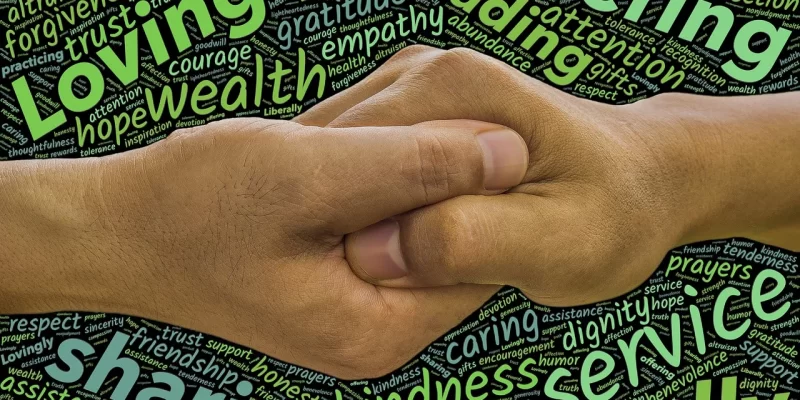
Have you ever noticed how a simple smile from a stranger, some hand-picked flowers from a friend, or a comforting word from anyone around can instantly lift your spirits?
Now, imagine the impact these small acts of kindness can have on someone who is recovering from a major health setback, like a stroke or addiction.
Yes, kindness is more than just about being nice—it’s a powerful force that can improve healing and provide hope in the darkest times.
Why Kindness Matters in Recovery
When you’re recovering from something serious, every day can feel like a battle. Whether you’re learning to walk again, regaining your speech, or simply adjusting to a new way of life, recovery can be a tough road.
But this is where kindness shines.
A heartfelt gesture or a few encouraging words can make a daunting day manageable. It reminds people that they are not alone.
This fact is backed by science as well. Studies have found that acts of kindness strengthen the immune system, lower stress levels, and even aid in the treatment of pain.
When you’re kind to someone who is in recovery, you’re not just being polite. You’re helping their body and mind to heal faster.
Stories of Kindness That Inspire
Take Liv Rosin, for example. Liv is an author and a retired English teacher whose life took a dramatic turn when she survived a hemorrhagic stroke. In her memoir, “My Stroke of Blessings – A Message of Hope,” Liv shares how she found strength in the kindness of others.
Her book, which she started writing from her hospital bed, proves the healing power of compassion and faith.
Liv talks about how small acts—like a nurse taking an extra moment to comfort her or a friend bringing a home-cooked meal—made all the difference in her recovery journey.
No matter how small, each act was like a tiny blessing that helped her see the light at the end of the tunnel. These moments of kindness gave her hope, made her feel seen and valued, and ultimately helped her heal.
The Ripple Effect of Kindness
Kindness can spread far and wide when it is noticed by one individual who is more willing to pass it on to others.
What’s even better is that you don’t need to be a therapist or doctor to have an impact. A compassionate card, a quick phone call, or even just listening to someone talk about their difficulties might create a chain reaction of kindness. It doesn’t take much for someone going through a difficult moment, yet it means the world.
So, what can we learn from all this?
It’s simple: never underestimate the power of a small act of kind ness.
Liv Rosin’s book, “My Stroke of Blessings—A Message of Hope,” is filled with inspiration and a powerful reminder that kind ness can truly change lives. The book is coming soon on Amazon.









